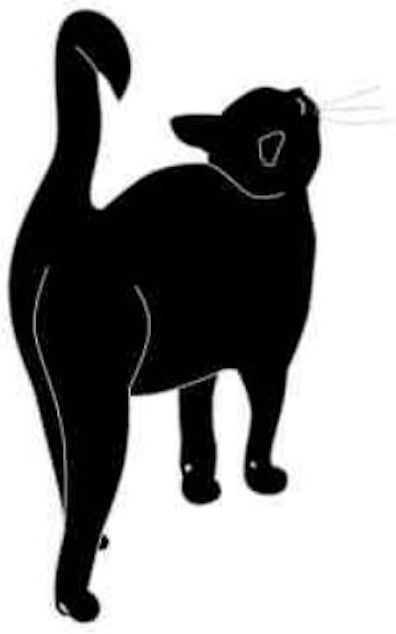One very plausibly related such disposition is Bloom's
prudence with money. The novel connects this behavior with
forms of cultural conditioning like ethnicity, religion, and
family values, but it also suggests that psychosexual
development may play a role. Late in Calypso, as
Bloom prepares to take his seat in the outhouse, he thinks
of lines from a nursery rhyme that run, "The king was in his
counting-house, / Counting out his money." The implied
association with defecation is supported by an article that Sigmund Freud
published in 1908, "Character and Anal Eroticism."
In Lestrygonians Bloom contemplates the ideal
proportions of Greek statues of goddesses, and the fact that
these females subsist on "nectar...all ambrosial." Such
thoughts lead him inevitably to the anus: "Lovely forms of
woman sculped Junonian. Immortal lovely. And we stuffing
food in one hole and out behind: food, chyle, blood,
dung, earth, food: have to feed it like stoking an
engine. They have no. Never
looked. I'll look today. Keeper won't see. Bend down let
something fall see if she." One of the more delicious
hilarities of the novel ensues offstage as Buck Mulligan
happens to pass by Bloom in the National Museum while he is
bending over looking between the buttocks of a goddess.
Mulligan infers that Bloom is a sodomite, warning Stephen in
Scylla and Charybdis to "Get thee a breechpad"
because "He knows you. He knows your old fellow. O, I fear
me, he is Greeker than the Greeks. His pale Galilean
eyes were upon her mesial groove." These joking suggestions,
minus the imputation of homosexuality, turn quite serious in
Circe and are confirmed by both Bloom and his wife
in Ithaca and Penelope.
Readers of James Joyce's letters to Nora Barnacle will know
that many of Bloom's sexual proclivities reflect preferences
of the author himself. In lieu of extensive quotations, one
sentence from a letter of 2 December 1909 may suggest their
nature: "But, side by side and inside this spiritual love I
have for you there is also a wild beast-like craving for
every inch of your body, for every secret and shameful part
of it, for every odour and act of it." In Penelope
Molly remembers that Bloom, channeling Keats, has written
her similar letters: "his mad crazy letters my
Precious one everything connected with your glorious Body
everything underlined that comes from it is a thing of
beauty and of joy for ever."
